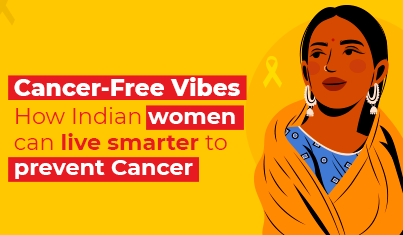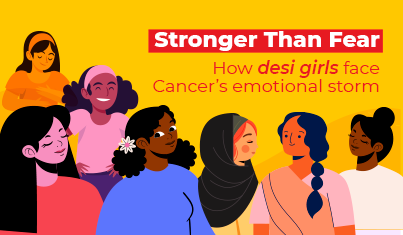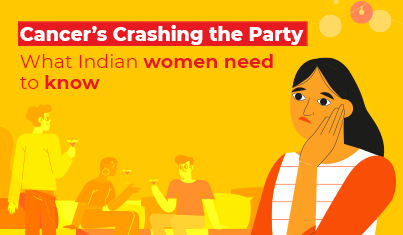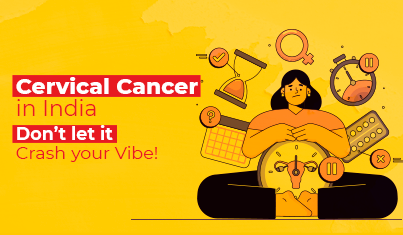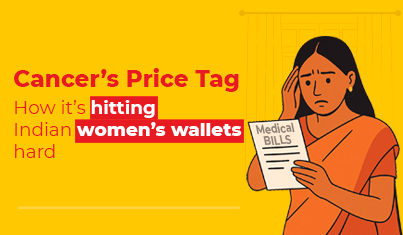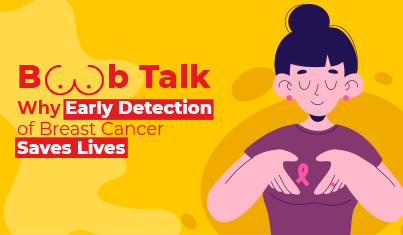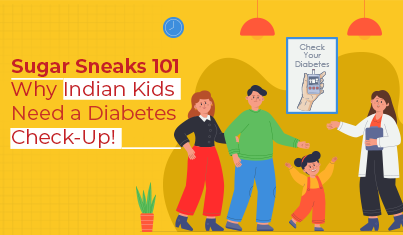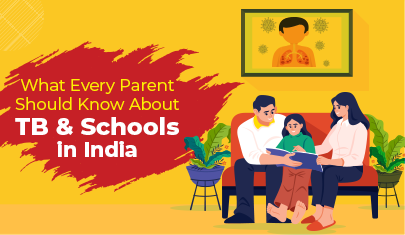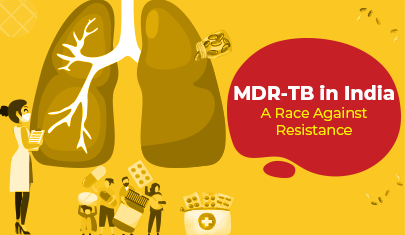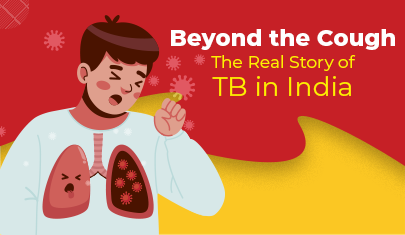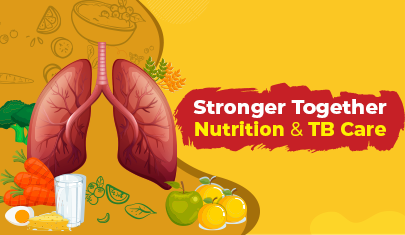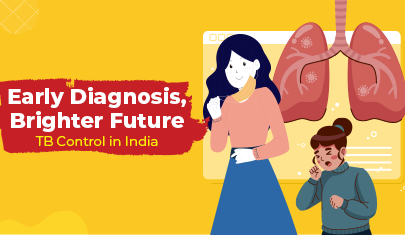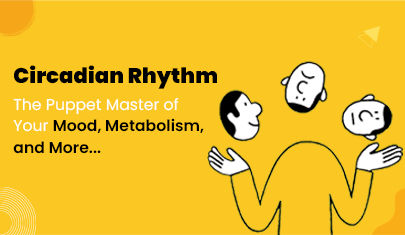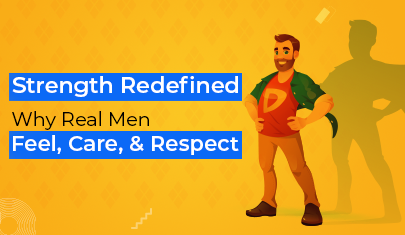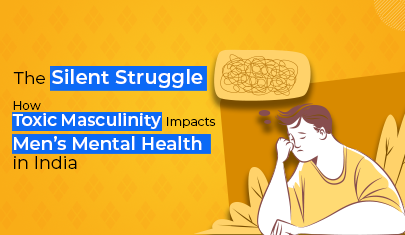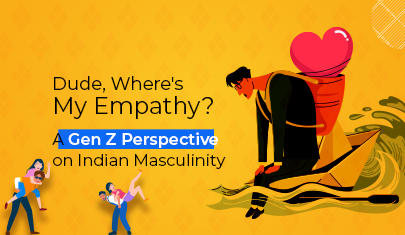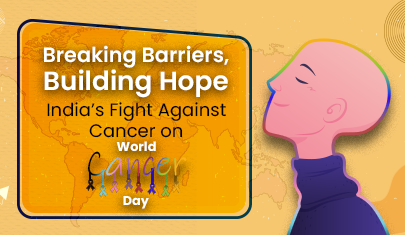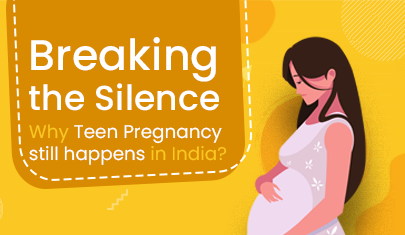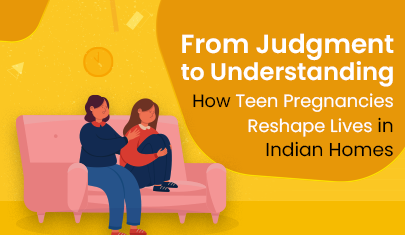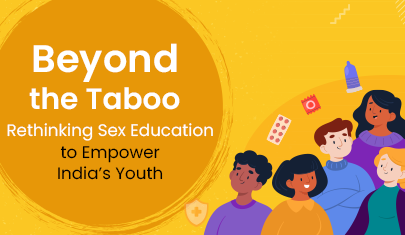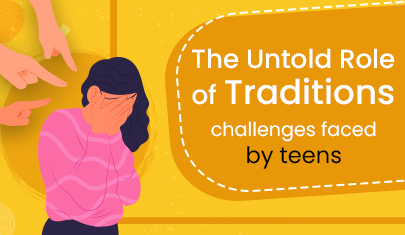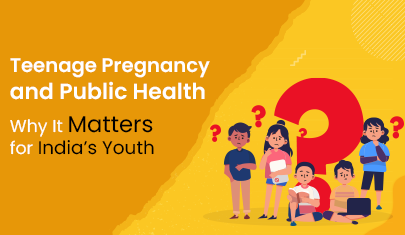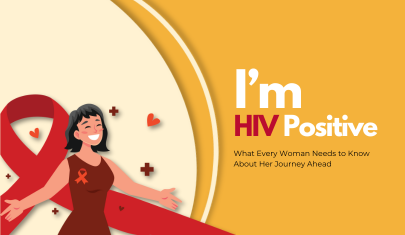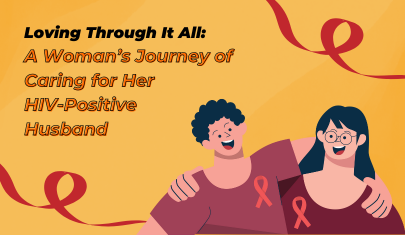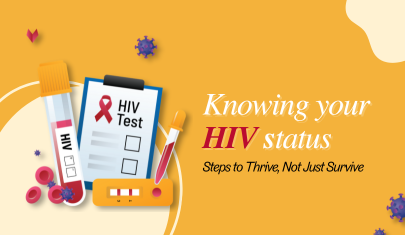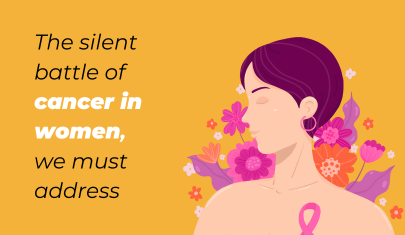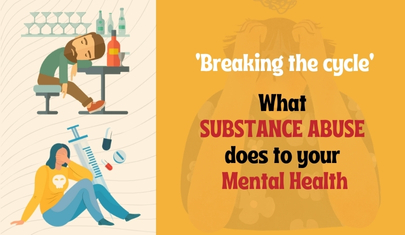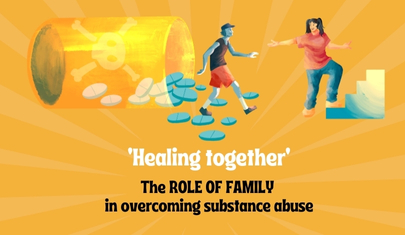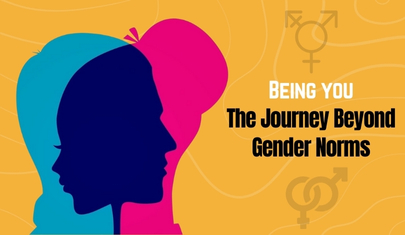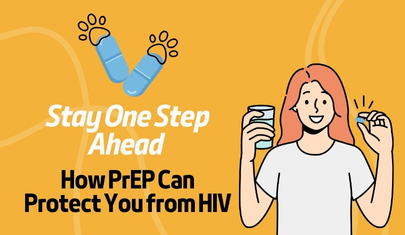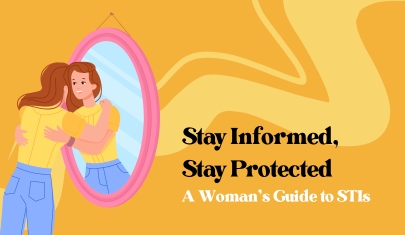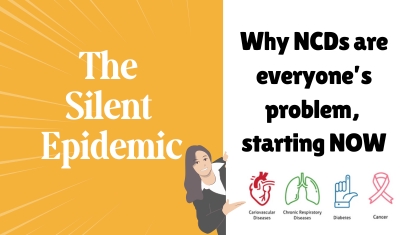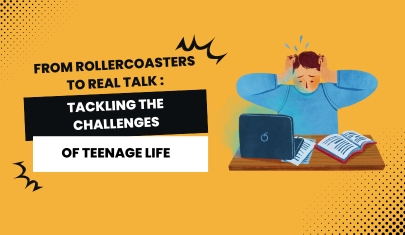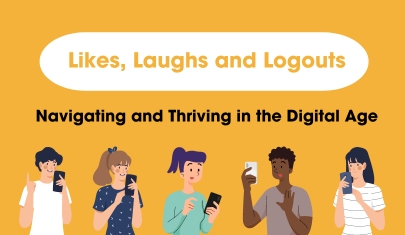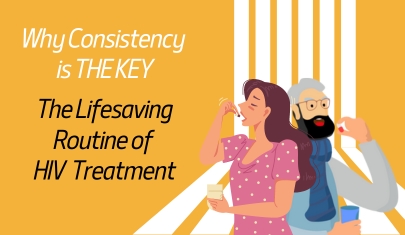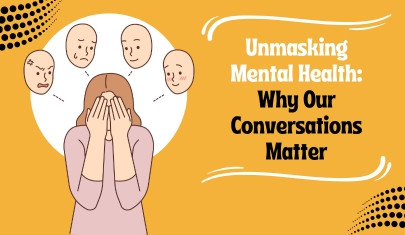General
Addiction IS NOT a dirty secret: Let’s talk about it
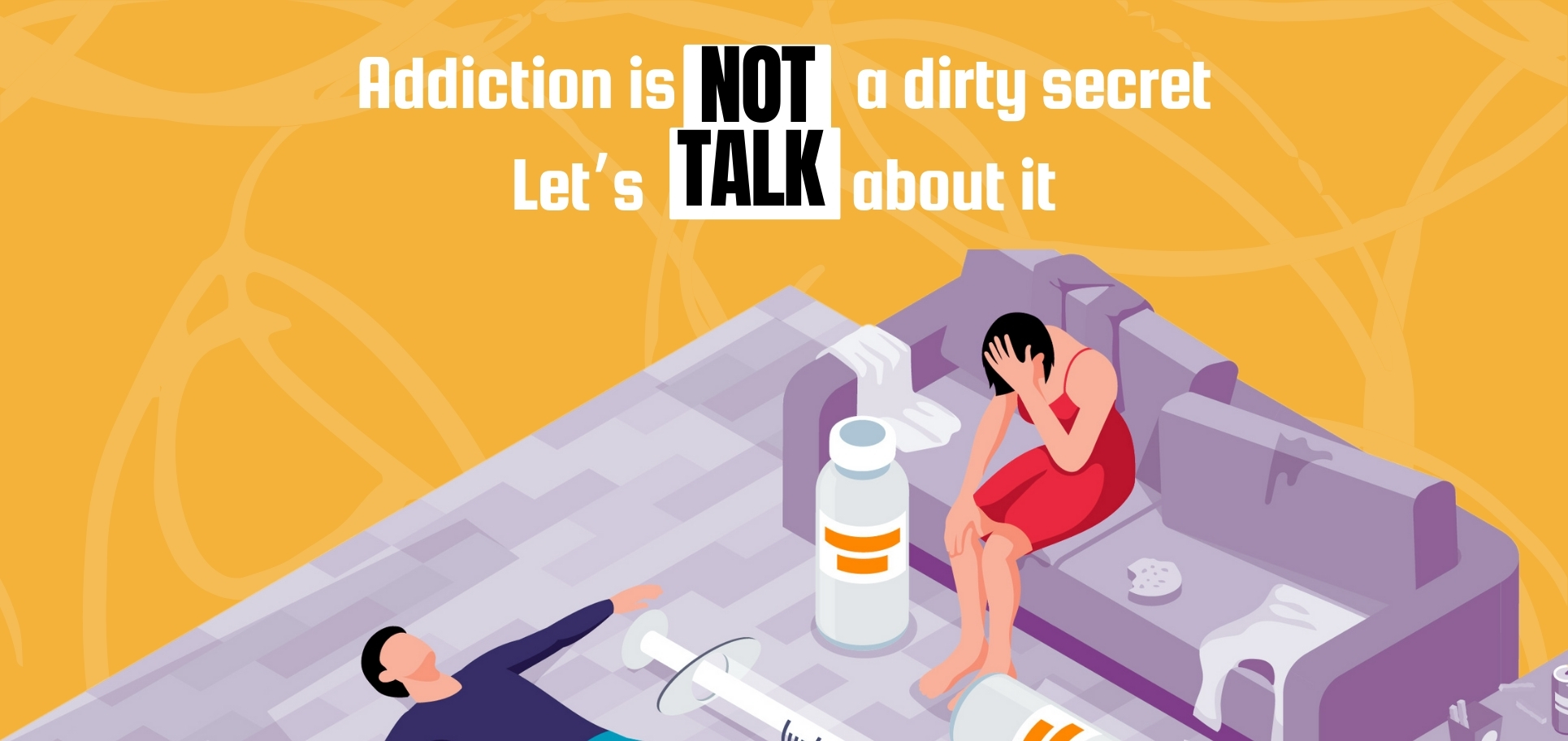
Hey there,
Have you ever noticed the hushed whispers surrounding addiction? In India, as in many places, discussions about substance abuse—whether alcohol, drugs, or other harmful substances—are often shrouded in discomfort. This silence isn’t just awkward; it’s dangerous. It perpetuates a cycle of shame and isolation that only deepens the crisis.
Let’s break that silence. Why are open conversations about addiction so rare? What transformations occur when we confront the stigma head-on and discuss substance use candidly? How can we—individuals, families, communities, and workplaces—forge a supportive environment for those grappling with addiction?
The Stigma That Stifles
In India, the stigma surrounding addiction looms large, casting a shadow over those who suffer. It’s not merely a social taboo; it’s a barrier to understanding. Addiction is often framed as a moral failing, a sign of weakness, or something that afflicts only the “undeserving.” But this couldn’t be further from the truth. Addiction is a health issue, not a moral deficiency.
The reality is stark: addiction can affect anyone—your friend, your family member, your colleague, or even you. By remaining silent, we allow stigma to flourish, making it increasingly difficult for those in need to seek help. We must acknowledge that silence is complicity in suffering.
The Path Forward
Let’s change the narrative. By fostering open dialogue about addiction, we create a culture of empathy and understanding. It starts with small conversations, breaking down the misconceptions, and supporting one another without judgment.
Together, we can dismantle the stigma and pave the way for healing. It’s time to speak up, to support, and to transform how we view addiction. Silence is not the solution; conversation is the key to recovery.
Why Stigma Hurts Recovery
Imagine being a young person who finds themselves caught in a spiral of drug or alcohol use. Deep down, you know something is wrong, and you long for help. Yet, every time you consider reaching out, a voice whispers in your mind: “What will people think? Will they see me as weak or a failure?” This is the insidious power of stigma, a barrier that silences cries for help.
A study by the National Institute of Mental Health and Neurosciences (NIMHANS) in Bengaluru reveals a harsh reality: the fear of judgment and societal shame are major deterrents preventing individuals from seeking treatment. In a culture where family honor and reputation weigh heavily, admitting to addiction can feel like a devastating betrayal.
But it doesn’t have to be this way. Addiction is not a shameful secret; it’s a health issue that demands understanding and compassion. By breaking down stigma and fostering open conversations about substance use, we can cultivate an environment where individuals feel safe to seek help—free from the chains of judgment and exclusion.
How We Can Break the Stigma: Let’s Start the Conversation
So, how do we begin to break this silence around addiction? How do we foster open conversations about substance use and create a supportive environment for recovery? It all starts with understanding, empathy, and openness.
- Educate Yourself and Others
One of the biggest reasons stigma exists is because of a lack of understanding. Many people don’t know what addiction really is or how it works. The more we know, the better we can talk about it.
What is addiction, really? Addiction is a chronic disease that affects the brain’s reward, motivation, and memory functions. When someone becomes addicted, it’s not just about poor decisions or a lack of willpower. The brain’s chemistry changes, making it harder for the person to control their substance use, even when they know it’s harming them.
Start by educating yourself and the people around you about what addiction truly is. By shifting the conversation from judgment to understanding, we can begin to replace stigma with empathy.
Real Life Example
Radhika (pseudonym) is a 22-year-old university student in Delhi. She started using alcohol to cope with the stress of exams and personal issues. Before she knew it, she was drinking every day, even when she didn’t want to. She felt ashamed and afraid to talk to anyone because she feared being labelled an ‘alcoholic.’ But after one of her professors gave a talk about mental health and substance use, Radhika realized that addiction wasn’t something to be ashamed of—it was something that could happen to anyone. She reached out to a counsellor at her university and is now in recovery. - Talk About It: Be Open and Non-Judgmental
Breaking the stigma around addiction means we have to start talking about it openly, without judgment. Whether it’s a conversation with friends, family, or colleagues, talking about substance use in a compassionate and understanding way can make a big difference.
If you know someone who might be struggling, approach the conversation with care. Ask how they’re doing, listen without interrupting, and let them know you’re there to support them. Often, people are afraid to talk about their struggles because they fear being judged or lectured. But when you offer them a safe, non-judgmental space, it can be a huge relief.
Real Life Example
Siddharth (pseudonym), a 27-year-old marketing executive in Mumbai, noticed that one of his close friends had been using drugs more frequently. Instead of avoiding the topic or blaming his friend, Siddharth brought it up casually during a conversation. He said, “Hey, I’ve noticed you’ve been using more lately. I’m not judging, but I’m here if you ever want to talk about what’s going on.” His friend opened up about the pressure he was feeling at work and how the drug use had gotten out of control. That conversation was the first step toward his friend seeking help. - Create Safe Spaces in Families and Communities
In India, family plays a central role in a person’s life. When addiction enters the picture, it can feel like the family’s reputation or honor is at stake. But instead of sweeping the issue under the rug or shaming the person who’s struggling, families can become a powerful source of support for recovery.
As a family member, the best thing you can do is offer unconditional support without enabling harmful behaviour. This means encouraging your loved one to seek professional help while also showing them that they’re not alone in their battle. Creating an open, non-judgmental space at home or in your community can make it easier for someone struggling with addiction to reach out.
Imagined Life Example
Imagine there’s a community-led initiative where groups of mothers come together to talk about substance abuse issues affecting their families. These women share their experiences and support each other in finding solutions for their children’s struggles with addiction. By breaking the silence within their families, they’ve created a network of support that has helped many young people enter recovery. We should work towards that…. - Workplaces: Breaking Stigma in Professional Settings
Substance abuse doesn’t just affect individuals at home; it can also have an impact on the workplace. People who struggle with addiction may find it difficult to focus, meet deadlines, or maintain their professional responsibilities. Unfortunately, many workplaces don’t offer the support needed for employees dealing with these issues.
Workplaces in India can play a significant role in breaking the stigma around addiction by creating policies that support mental health and recovery. This could include offering access to counselling services, promoting awareness about addiction and recovery, and fostering a culture where employees feel comfortable seeking help without fear of being penalized.
Real Life Example
In a Bangalore-based tech company, the HR department introduced a mental health initiative that included support for substance abuse. Employees were encouraged to take part in anonymous counselling sessions and workshops that addressed addiction, stress, and mental health. By normalizing the conversation about addiction in the workplace, the company made it easier for employees to seek help early on.
Why Breaking the Stigma is Important: Recovery Starts with Acceptance
At the heart of every addiction is a person who’s struggling, often in silence. Breaking the stigma around addiction is about giving those people a chance to come forward and seek help. When we stop seeing addiction as something shameful and start seeing it as a health issue, we create the opportunity for recovery and change.
By fostering open conversations in families, schools, communities, and workplaces, we can build an environment where people feel safe asking for help—without fear of judgment or exclusion. Recovery is possible, and it starts with acceptance.
YRGCARE is Here for You
If you or someone you know is struggling with addiction, remember that you’re not alone. YRGCARE is here to provide support, guidance, and referrals to help you on the path to recovery. Whether you need someone to talk to or resources to find the right treatment, we are committed to walking this journey with you.
As the saying goes, The first step toward change is awareness. The second step is acceptance! It’s time to break the stigma and start the conversation.
With warmth and support - YRG Communications Team
Most viewed
#YRGCARE #BreakTheStigma #MentalHealthMatters #MentalHealth #Addiction #AddictionAwareness #AddictionIsAHealthIssue #BreakTheChains #CommunitySupport #EmpathyInRecovery #EndTheSilence #HealingTogether #RecoveryJourney #SubstanceAbuseSupport #SupportNotShame #TalkAboutAddiction #UnderstandingAddiction




